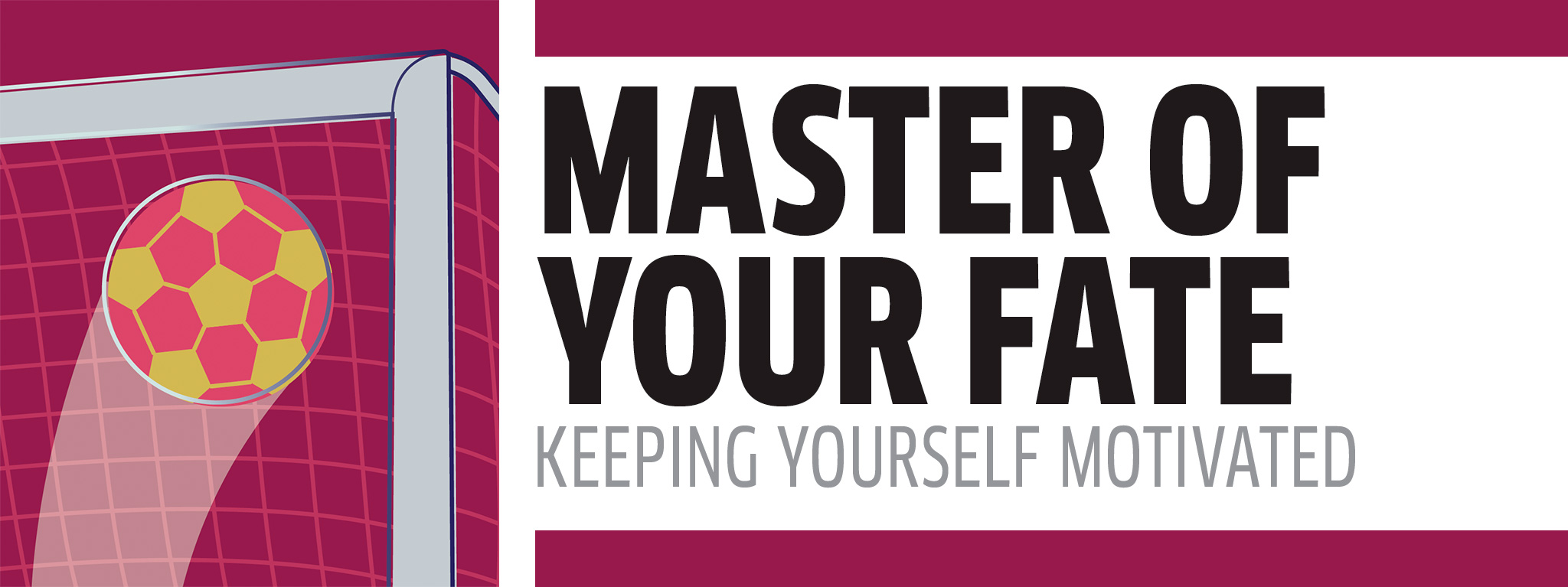
Do you see yourself as a dynamic self-starter, or is it hard for you to get going on a project without somebody else pushing you? How you view yourself can have a surprising impact on your success.
Do you think you have the power to change your own world? How much of your life would you say was the result of luck? Your response to questions such as these can affect your ability to achieve your goals.
The locus of control
In 1954, American psychologist Julian Rotter originated a now-famous theory known as the “locus of control.” In Rotter’s own words, this is the degree to which people expect that “an outcome of their behavior is contingent on their own behavior or personal characteristics.” Put simply, it concerns where you think the control over your circumstances resides: either within you, or in external factors.
Many studies have found that people with a high internal locus of control tend to be more successful, perform better, enjoy their work more, are better able to delay gratification, and are more willing to challenge themselves. Believing that you can make a difference leads to higher self-esteem and stronger motivation. (Though it can also make you more judgmental, and likely to take failures more personally.) If, on the other hand, you find it difficult to act without someone else’s encouragement or authority, you might have a relatively high external locus of control, and could benefit from seeking out areas where you can exert more control.
 Motivation follows action
Motivation follows action
Starting something new? Take a tip from Cognitive Behavioral Therapy (CBT) expert David D. Burns: “Motivation does not come first, action does!” Sometimes the best way to get started is simply to start, and wait for the motivation to catch up with you.
Internal or external?
Do you have a high or low internal locus of control? See which of these statements you agree with—the more red statements you pick, the higher your internal locus of control:

Does it help?
We can’t control everything in our environment. However, a 1980 study by American psychologist S. M. Miller found that even an incorrect perception of control tends to improve well-being. When it comes to motivating yourself, developing an attitude that you are in control, even if you have private doubts, can be the best way of spurring yourself into action. To sustain motivation over time, focus on what you can control and enlist the help of others when you need to. You may find that you have more control over your world than you believed possible.
 When you can’t get interested
When you can’t get interested
According to Self Determination Theory (SDT), workers suffer less stress when they find their work intrinsically motivating—that is, they enjoy it for its own sake. If, however, there’s nothing intrinsically rewarding about a task, these motivating factors may help you instead:
- External motivators. You do it to get paid, or because it meets somebody’s expectations.
- Self-worth motivators. There is pride in doing it well, or guilt and anxiety in doing it badly.
- Internalizing motivators. You try to identify with the external reasons. You might say: “I believe in what my company does, so even the small details count.”
 Trouble deciding?
Trouble deciding?
A 2015 study of US, Israeli, and Chinese people facing career decisions investigated what factors made it easier or harder for them to make up their minds. Across all these cultures, the most successful decision-makers showed:
- An internal locus of control.
- Less procrastination.
- Greater speed when it came to making decisions.
- Less dependence on others.
They also found that most people benefited from more comprehensive information gathering (with the exception of the US volunteers) and from being less worried about pleasing others (with the exception of the Chinese volunteers).
